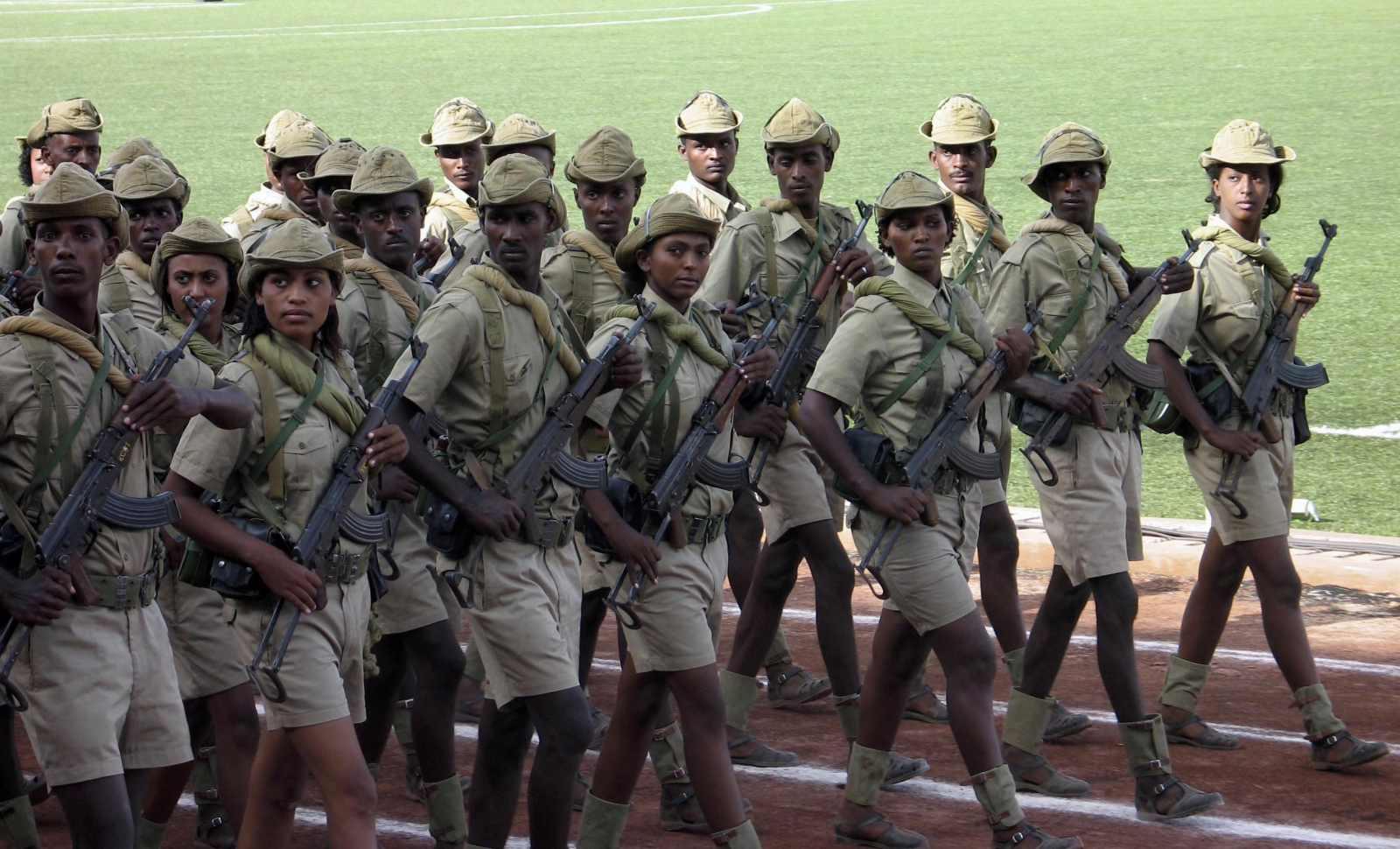
Intense fighting has been reported along the border areas between Eritrea and Ethiopia on Sunday (12 June), raising the spectre of a fresh war breaking out in the eastern African region. Troops from both countries are thought to have been involved in the heavy clashes, which came just days after Eritrea marked its 25 years of independence from it's neighbouring country of Ethiopia.
The Eritrean regime blamed the Ethiopian forces of unleashing a full-scale attack on the frontier. A short statement, released by the country's information ministry, read: "The TPLF [Tigrayan People's Liberation Front] has today, Sunday 12 June, 2016, unleaded an attack against Eritrea on the Tsorona Central Front. The purpose and ramifications of this attack are not clear. The government of Eritrea will issue further statements on the unfolding situation."
Multiple local reports, citing sources and witnesses, have confirmed the presence of heavy artillery and troops in the region. The fighting, which began at dawn on Sunday (12 June), is thought to be ongoing. Unconfirmed reports have also suggest both Eritrean and Ethiopian troops have made incursions into each other's territories.
The purported fighting occured shortly after the UN published a report accusing the Eritrean regime, led by President Isaias Afwerki, of carrying out crimes against humanity. The UN's commission of inquiry said, on 8 June, that the leaders of the tiny Horn of Africa country should be held accountable at the International Criminal Court (ICC). Eritrea - known as the North Korea of Africa - remained one of the most reclusive and isolated countries in the world, with a poor track record of human rights under Afwerki's regime.
The latest border clashes have also renewed fears of a fresh war being sparked in the highly volatile region, some 25 years after Eritrea gained independence from its African neighbour following a three-decade-long struggle.
